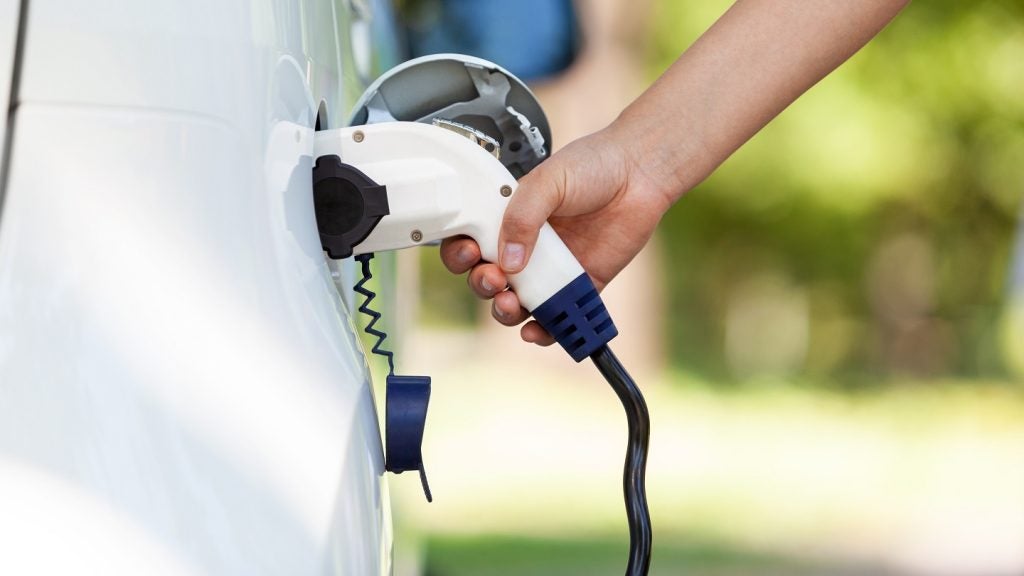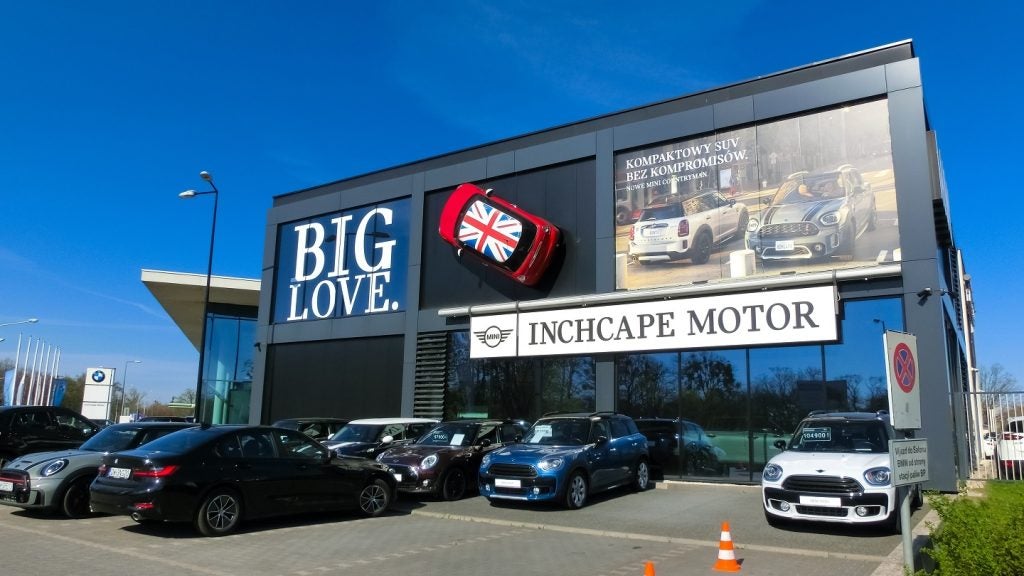
With our ability to holiday abroad shaken by both a global pandemic and the realities of Brexit, holidays closer to home are nurturing the leisure vehicle finance market.
The market for leisure vehicle finance has always been somewhat different to mainstream motor finance, with older customers in possession of a better credit status.
“Dealers tend to sell these products with their profit embedded within the asset as opposed to optimising commission income from finance, similar to the car market 20 years ago,” says Julian Rance, managing director of car finance at Paragon Car Finance.
“The leisure sector is a niche market that demands good product and distribution knowledge of the sector and a willingness to lend on much larger balances. Furthermore, agreement periods are substantially longer, and the depreciation curve of leisure vehicles is not as steep as that for cars.”
Right now, of course, the market is receiving a real injection of interest as a result of the unique combination of circumstances that have hit holidaymakers over the last year.
“Holidays abroad are restricted, so for the next couple of years people will remain cautious about travel. There’s only a handful of countries you can travel to,” says Oliver Mackaness, director of Billing Finance Ltd. “It’s going to drive holidays in the UK, and we’re seeing an increase in interest in caravanning and motorhomes.”
How well do you really know your competitors?
Access the most comprehensive Company Profiles on the market, powered by GlobalData. Save hours of research. Gain competitive edge.

Thank you!
Your download email will arrive shortly
Not ready to buy yet? Download a free sample
We are confident about the unique quality of our Company Profiles. However, we want you to make the most beneficial decision for your business, so we offer a free sample that you can download by submitting the below form
By GlobalDataRance agrees that Brexit and the pandemic have been drivers in the market.
“Staycations are more popular as consumers look for certainty around their holidays that can only really be found within the UK,” he tells us. “There is also a desire from consumers to minimise health risks that are increased by foreign travel. These factors have led to a substantial increase in the demand for leisure vehicles that the manufacturers have struggled to meet.”
“Funders need to consider new products that will appeal to a wider audience, making purchases more affordable.”
Indeed, Mackaness reports that Billing Finance has seen at least a 20% increase in leisure vehicle financing. It has motivated the company to re-examine its offering.
“We currently have a fairly limited product – lending up to £15,000. We’re exploring expanding our leisure product,” Mackaness says.
But at the same time, he still advises caution.
“I am slightly wary that in a couple of years, when travel has opened up, people may quickly revert back,” he reflects. “It could be short-lived. But I think in general the air of caution is going to remain.”
Overall, however, the forecast in the sector is optimistic.
“The recent demand will also introduce relatively new buyers to this market who in turn will look to ‘up-trade’ their vehicles,” Rance says. “Funders need to consider new products that will appeal to a wider audience, attracting younger buyers and making purchases more affordable. This can also be supported by increasing appetite to lend on older vehicles, coupled with better knowledge of this niche sector, that is, in reality, different to the motor market.”
Mackaness agrees that while caution is useful, these are promising times, with sustainability concerns also playing a role.
“I think it’s going to be in people’s minds for at least two or three years. I worry that the uncertainty of the British weather will drive people back to hotter climes, but people are conscious about flying less, so it’s a greener holiday,” he says.
“I think people want short weekend breaks. You can still take your caravan and travel to different parts of the UK. People are exploring on their doorstep rather than going too far afield. People have saved money from not going abroad for the last 15 months, saving up the deposit for a caravan. For some people, they’re in a good place to go off and get an investment.”
The low depreciation value of these assets will also be a source of appeal for buyers.
“These assets don’t lose their value, so actually they can sell it for the same price in two years’ time,” Mackaness says.
Taking stock
The demand for leisure vehicles and leisure vehicle finance is growing, however that brings challenges of its own.
“We’ve seen a shortage of stock for both new and used vehicles as demand has outstripped supply,” Rance says. “We could also see a possible impact on personal finances as the furlough scheme ends and unemployment increases. We have seen little evidence of this to date, however, and the sector as outlined above attracts lifestyle purchases by customers who are both older and have greater disposable income.”
“I think the supply of caravans is quite a big issue, especially in the second-hand market,” Mackaness agrees. “We have some tenants downstairs that sell motor homes and they’re really shopping to find second-hand vehicles. So, I think maintaining stock will remain a challenge. It’s driving prices up.”
To respond to these challenges, distribution networks must be built up, and financing criteria re-examined.
“We are very positive about this sector and have built a strong distribution in this channel over the past five years,” Rance tells us. “To support our network, we have relaxed some lending criteria that were implemented at the height of the pandemic in order to assist our panel to increase sales.
“We have accompanied this with an increase in our Loan-to-Value (LTV) appetite which has enabled our distribution to sell more vehicles as the price of leisure vehicle stock has risen due to the increased demand.”
“Cars are still going to be our bread and butter, but leisure is definitely going to be a thick layer of jam on top.”
Billing Finance has also considered increasing its maximum lend on leisure vehicles and increasing terms as they become more expensive and the demographic makeup of customers shifts.
“In general, affordability is such a big topic and this needs to be even more considered with leisure vehicles because they are luxury items,” Mackaness points out. “You have to be able to prove your customers really can afford this, and the pandemic has raised questions of uncertainty. We’ve been seeing that in general across our book because more prime customers are falling into our bracket – so our quality of customers has increased.”
Another way the pandemic may boost the leisure vehicle sector is in the expected short-term growth as consumers’ working patterns change and remote communication technology improves.
“This will be supported by bigger and better vehicles, and an increase in the provision of RV friendly sites,” Rance says.
Now the ball is in the finance sector’s court to respond to that demand.
“We’re speaking to our funders to expand our product with leisure,” Mackaness says. “It’s slightly uncharted territory for some of them. Cars are still going to be our bread and butter, but leisure is definitely going to be a thick layer of jam on top.”







